Sleep and Circadian Health for Sundowning
Optimize Sleep and Circadian Health for Sundowning
Strategy Overview: This scenting strategy is designed to align with and support residents' natural circadian rhythms, helping to manage and mitigate sundowning symptoms. Sundowning, characterized by increased confusion, agitation, and restlessness in the late afternoon and evening, is closely linked to disruptions in sleep-wake cycles. By using targeted scents as external time cues, or Zeitgebers, this strategy aims to stabilize these cycles, promoting better sleep and reducing evening agitation. The approach integrates seamlessly into daily routines, enhancing cognitive function and overall well-being without adding complexity to care protocols. [1]
Morning Activation:
- Scents: Citrus or peppermint
- Benefits: Boost alertness, reduce morning confusion, improve cognitive function. Morning scents help anchor biological clocks to align with daily activities, ensuring a smoother start to the day. [2], [3]
Evening Relaxation:
- Scents: Lavender
- Benefits: Reduce agitation, improve sleep, ease sundowning symptoms. Evening scents create a calming environment, signaling to the body that it’s time to wind down, which is crucial for those experiencing sundowning. [4]
How It Works: This strategy utilizes scents as Zeitgebers—external cues that help regulate the body’s internal clock. By consistently using invigorating scents in the morning and calming scents in the evening, we condition association of these times of day with wakefulness and relaxation, respectively. This conditioning helps stabilize their sleep-wake cycles, reducing the confusion and agitation that often escalate in the evening, particularly for those with dementia. Stabilizing these cycles leads to better sleep quality, enhanced cognitive function, and an overall improvement in daily well-being [5], [6]
Key Benefits:
- Enhanced Sleep Patterns: Promotes deeper, more restful sleep by aligning sleep-wake cycles with natural rhythms.
- Reduced Agitation: Minimizes evening confusion and agitation, particularly in residents with dementia.
- Simplified Care: Easily integrates into daily routines, providing a non-invasive way to support resident well-being without adding to caregiver workload.
THE BONUS:
Studies have demonstrated that lavender aroma can improve sleep quality, increase relaxation, and enhance slow-wave sleep (SWS) [7],[8]. Recent research supports that SWS is crucial for the glymphatic clearance of proteins that aggregate in Alzheimer's disease, and its loss is associated with an increased risk of dementia [9]. A comprehensive article by Rebecca Dyer highlights the critical role of slow-wave sleep in reducing dementia risk, explaining that people over 60 are 27% more likely to develop dementia if they lose just 1% of this deep sleep each year. Read the full article here.
Conclusion: By adopting this scenting strategy, you can create a structured, supportive environment that enhances cognitive health by stabilizing circadian rhythms, and improves both sleep depth and duration.
AM / PM Protocol
Use this text area to share information about your brand with your customers. Describe a product, share announcements, or welcome customers to your store.
